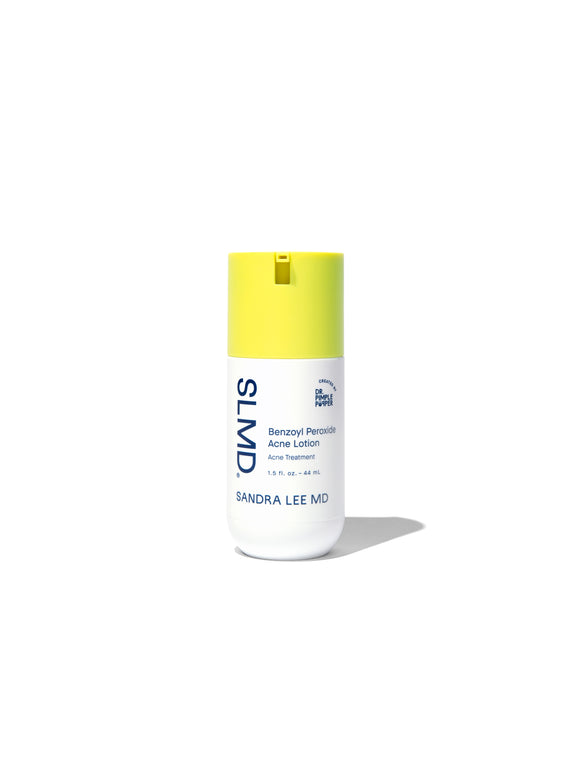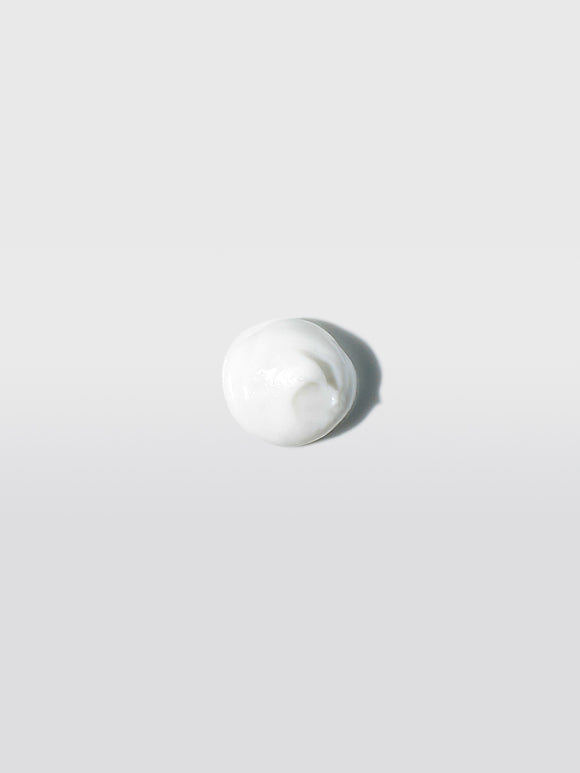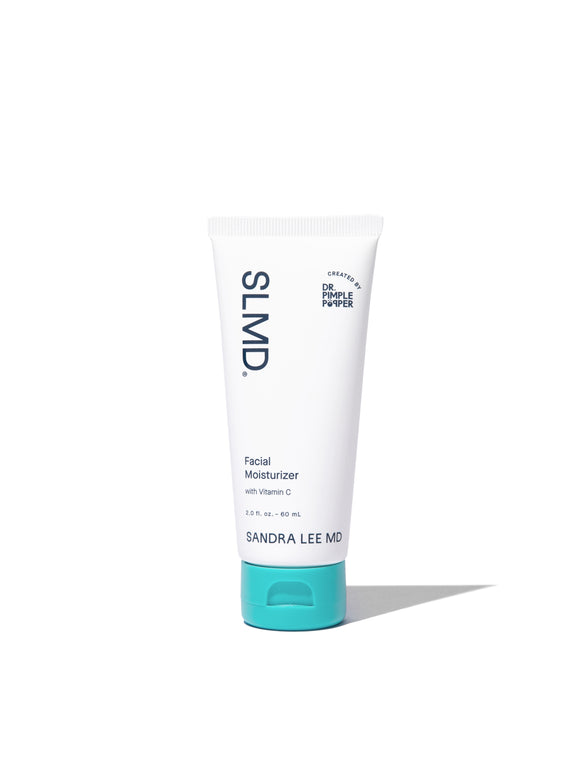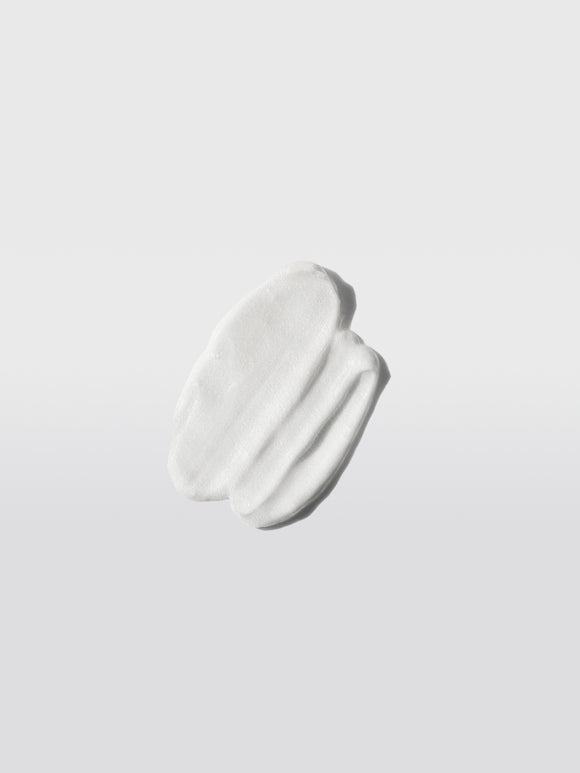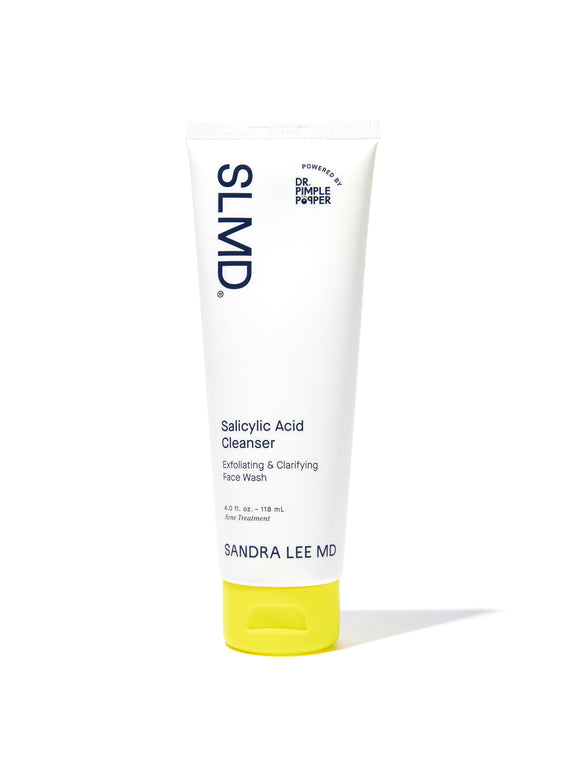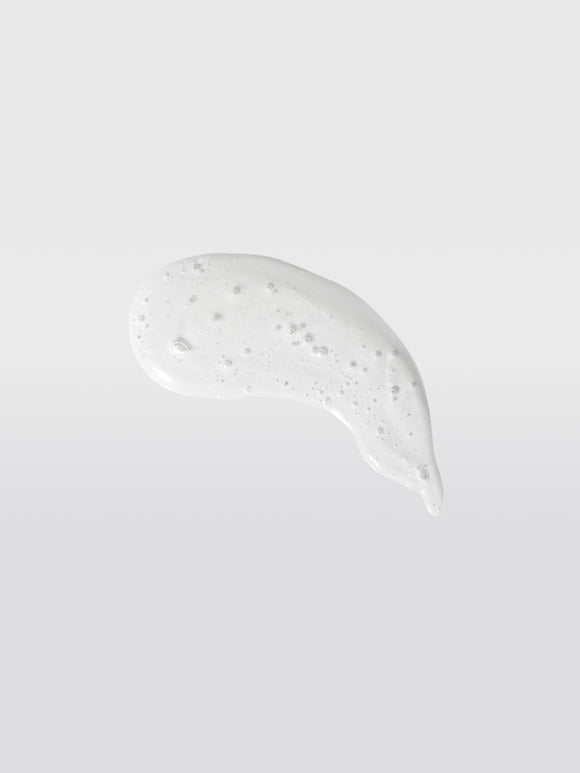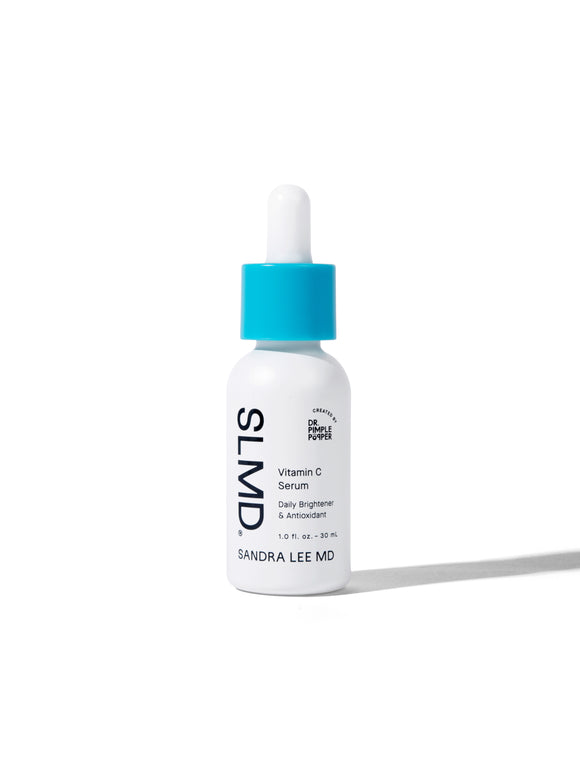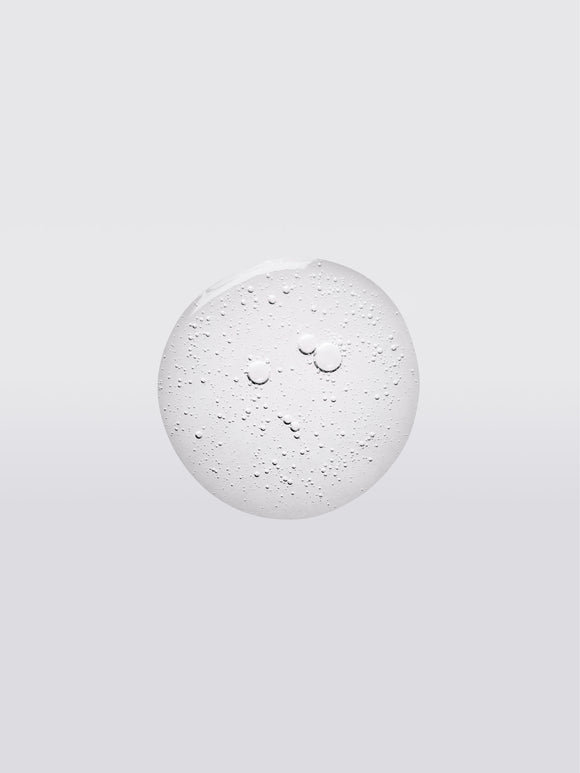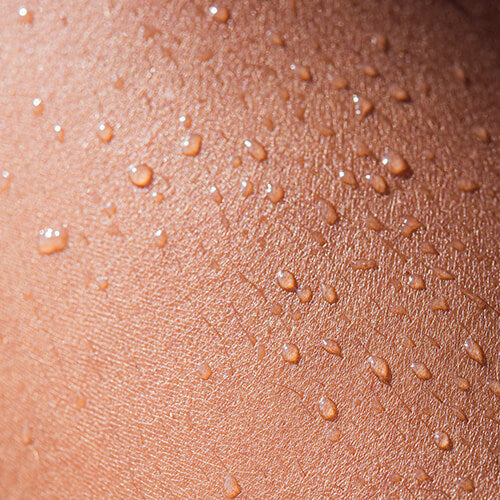
How Circadian Rhythm Affects Your Skin During the Day
A lot of people talk about how the body's circadian rhythm affects your skin overnight: but what about during the day? Turns out, your body's biological clock regulates the way skin behaves during the daytime, too. We'll tell you how — and what skincare you should use to support your skin's daily circadian rhythm.Published:
3 minute read
Ever notice that your skin seems more oily as the day wears on? Or that your eczema (or a mosquito bite) bothers you more after sunset? It’s not your imagination: it’s your skin’s circadian rhythm — the biological clock that governs all cellular activities.
We’ve talked about what happens to your skin at nighttime — but your circadian rhythm also affects how your skin behaves during the day. Here’s how.
What is a circadian rhythm?
Let’s recap how your biological clock works: within your brains’ hypothalamus, there’s a special cluster of nerve cells called the suprachiasmatic nucleus (SCN). This bundle of nerves is responsible for regulating every function and process in your body — including how your skin changes throughout the day (and night).
So how does it work? In a nutshell, the SCN sends signals to your cells to produce certain proteins, which in turn creates a cascade of reactions controlling everything in your body: including when you fall asleep — or wake up, for example. Recent research has also shown that your skin has its own endogenous circadian rhythm, meaning that it has its own unique system that is separate from (but integrated with) your body’s master clock.
How does circadian rhythm affect your skin during the day?
While you’re sleeping, your skin is mostly in repair and regeneration mode: producing new cells, correcting UV damage, even creating new hair growth. But during the day, the focus changes to protection mode. Here are the highlights.
Skin barrier permeability
Research shows that the stratum corneum, which forms the skin barrier, undergoes cyclical changes: it’s more permeable overnight, and less permeable during the day. This makes perfect sense, since the skin barrier protects us from environmental damage, including UV rays and pollutants.
Blood flow
Your skin’s circulation is also dependent on the circadian rhythm: research shows that blood flow increases toward the end of the day, likely preparing your cells to enter that repair phase overnight. This means that your skin is more receptive to topical products like retinol toward evening.
Skin cell production
The creation of new skin cells peaks around midnight and troughs around midday. This is probably because your skin’s resources are limited: it’s busy performing essential barrier functions during the day, and reallocates those resources to creating new cells mostly at night, when barrier function is less critical.
Sebum levels
Your skin’s oil production fluctuates throughout the day: it’s lowest around 4:00 AM and highest in the afternoon. This is also due to the protective role that sebum plays — your skin’s natural oils are one of its best defenses against microbes. And squalene, a key component of sebum, is a potent antioxidant that helps guard against damage from UV rays.
How does the circadian rhythm impact skincare?
Working with your skin’s biological clock means tailoring your skincare routine to meet your skin’s changing needs. This is why we apply retinoids — which support skin cell renewal — at night. During the day, on the other hand, it’s essential to reinforce our skin’s protective role. Dr. Sandra Lee (aka Dr. Pimple Popper) recommends following her Cleanse, Treat, Moisturize philosophy with her SLMD Skincare line:
- Cleanse. Washing your face in the morning will help eliminate bacteria and impurities that accumulate overnight — and it also preps your skin for any treatments. Try Salicylic Acid Cleanser to exfoliate and unclog pores.
- Treat. If you’re on an anti-acne regimen, applying an acne fighter like benzoyl peroxide (try Benzoyl Peroxide Acne Lotion) or sulfur will help fight bacteria accumulation during the day. Otherwise, using antioxidants (like Vitamin C Serum) will help support your skin’s protective functions.
- Moisturize. Supporting your skin barrier is important for keeping its protective functions optimized. Sunscreen is also critical for minimizing sun damage. Dual Defender does double duty, with added vitamin C to help fight free radical damage.
Dr. Lee’s last word
Following a Cleanse, Treat, Moisturize routine will help support your skin’s changing needs. I typically recommend that patients use retinol to help skin repair itself overnight, and sunscreen and antioxidants during the day to protect it from environmental damage. I encourage you to pay attention to your skin — understanding its everyday patterns can help you know when to change up your routine to keep it healthy.
—Dr. Sandra Lee



